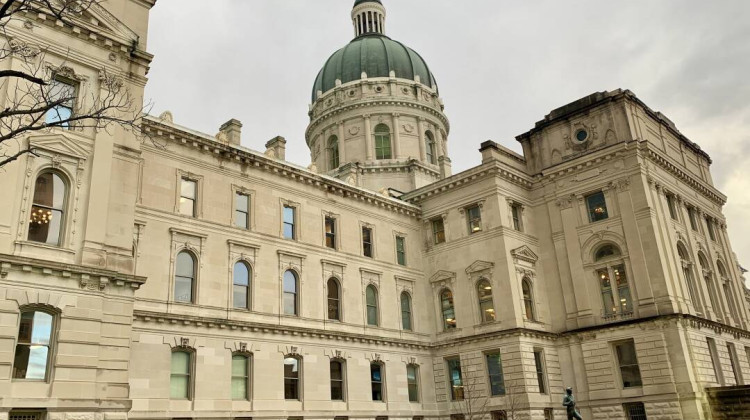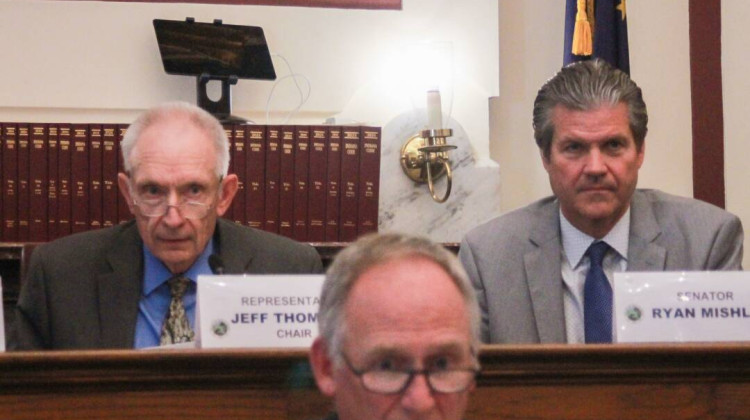
Any wetland that doesn't have a clear, visible connection to a navigable waterway is now no longer federally protected as a result of a U.S. Supreme Court case last year.
Wikimedia CommonsA bill, HB 1383, that would further reduce protections for wetlands in Indiana passed the state House on Tuesday.
It would lower the number of wetlands that could fall into Class 3 — Indiana’s most protected group of wetlands, and the only class that didn’t lose significant protections when the state changed its wetlands law in 2021.
It would also provide incentives to developers to protect some wetlands — though it's unclear how exactly they would work.
"The bill does not mean the elimination of more wetlands — it actually gives developers a pathway to protecting more wetlands than in the past," said Rep. Alan Morrison (R-Brazil), the bill's author.
But Rep. Sue Errington (D-Muncie) questions how that could be true if fewer wetlands fall into Class 3. It's also uncertain how many developers would take advantage of incentives in the bill and whether that would offset that potential loss.
While Morrison and other proponents of the bill had said that it strikes a good compromise between builders and the Indiana Department of Environmental Management, Errington said conservationists and environmentalists were not invited to these conversations.
Join the conversation and sign up for the Indiana Two-Way. Text "Indiana" to 765-275-1120. Your comments and questions in response to our weekly text help us find the answers you need on statewide issues, including our project Civically, Indiana and our 2024 legislative bill tracker.
Errington called the bill “a missed opportunity.”
“To really look at what is driving this conflict between those who want to develop our land and those who want to protect it," Errington said.
Errington said the bill doesn’t address what most of the developers’ complaints have been about — Indiana’s confusing wetland classification system. Members of the Indiana wetlands task force have also mentioned issues with the state classification system in the past.
Errington authored an amendment that aimed to simplify wetland classification by aligning it with that of the U.S. Army Corps of Engineers’ — but the amendment failed.
The bill passed the House, mostly along party lines. It now moves to the state Senate for consideration.
Rebecca is our energy and environment reporter. Contact her at rthiele@iu.edu or follow her on Twitter at @beckythiele.
 DONATE
DONATE






 Support WFYI. We can't do it without you.
Support WFYI. We can't do it without you.